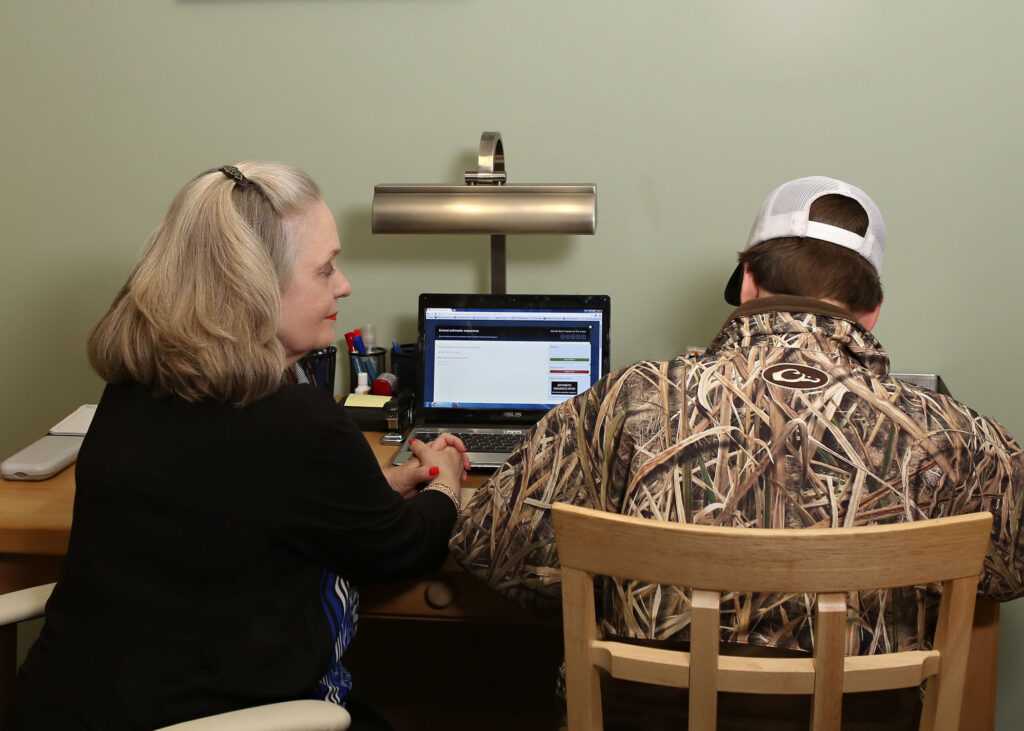By Lisa Walker

People with disabilities often have more difficulty in the workplace. They are more likely to experience discrimination, unemployment, or underemployment than the general workforce. If you are a young person managing a disability, this might already sound familiar. You may be eager to work but are unsure of your opportunities. One solution is to go into a career in business.
If you think you don’t have enough experience to pursue business, think again! Here are four common questions for business careers, with answers that take into consideration the special needs of people living with a disability.
What are the most profitable business degrees?
Most colleges and universities offer special grants and tuition discounts to give people with disabilities an equitable chance at an education. In addition, there are many state and federal tuition assistance programs for people with disabilities. People on a budget can work toward a 2- or 4-year degree, or even a master’s or MBA, for little or even no cost in fields like:
- Business Ownership
- Economics ($97,000)
- Healthcare Management ($88,000)
- Project Management ($81,000)
- Organizational Leadership ($77,000)
What kinds of internships are the best for business?
The best internship for you is one that gives you direct experience in the field you choose. It’s important for people with disabilities to consider an internship with a company reputable for accessibility, is close to home or school, and has remote work options.
For those on a budget, be sure to choose an internship that pays. You might be responsible for supplying some of your own supplies, like a laptop, so save money by looking at used ones with a warranty on Amazon Warehouse Deals. You’ll also want an internship that gives you opportunities like:
- Getting direct experience with the software you will use in your field.
- Having a one-on-one mentor who will treat you with respect and give you opportunities to learn.
- Building a portfolio of experience to use in interviews.
- Applying best practices in specific projects.
What can I expect in an entry-level position?
Landing your first job in business may be intimidating at first, especially for people with disabilities. You might feel worried that your abilities won’t be seen for your disability. Give yourself confidence by dressing your best for your interview. People on a budget can get discounts on clothing that makes you feel strong and successful by using Nordstrom Rack coupons. An entry-level position can mean a lot of things, especially if you are going into:
- Marketing, expect a coordinator position in public relations, user experience, or communications.
- Accounting, expect a bookkeeper or payroll assistant.
- Project Management, expect a coordinator or support role.
How do I build my network to increase opportunities?
Business is more about who you know than what you know. For people with disabilities, this can be a really effective way to start. Stay in touch with your professors, mentors, coworkers, and former supervisors. Better yet, stay on good terms.
People on a budget can use a free trial of LinkedIn Premium to expand their online network quickly. You can grow your network by:
- Publishing blogs on LinkedIn and sharing them with professional groups.
- Volunteering for organizations that need people with your expertise.
- Joining professional organizations and serving on boards.
People with disabilities can bring a unique perspective to businesses, making not only a workplace more diverse and empathic but also the way we do business. The journey will not be easy, though it will be very rewarding. If you need help along the way, Effective Learning Company provides tutoring services for people taking business foundational courses and looking to start their own business. Become your own boss today.





One thought on “People With Disabilities in Business: 4 Reasons Why This Could Be the Career For You”
Comments are closed.